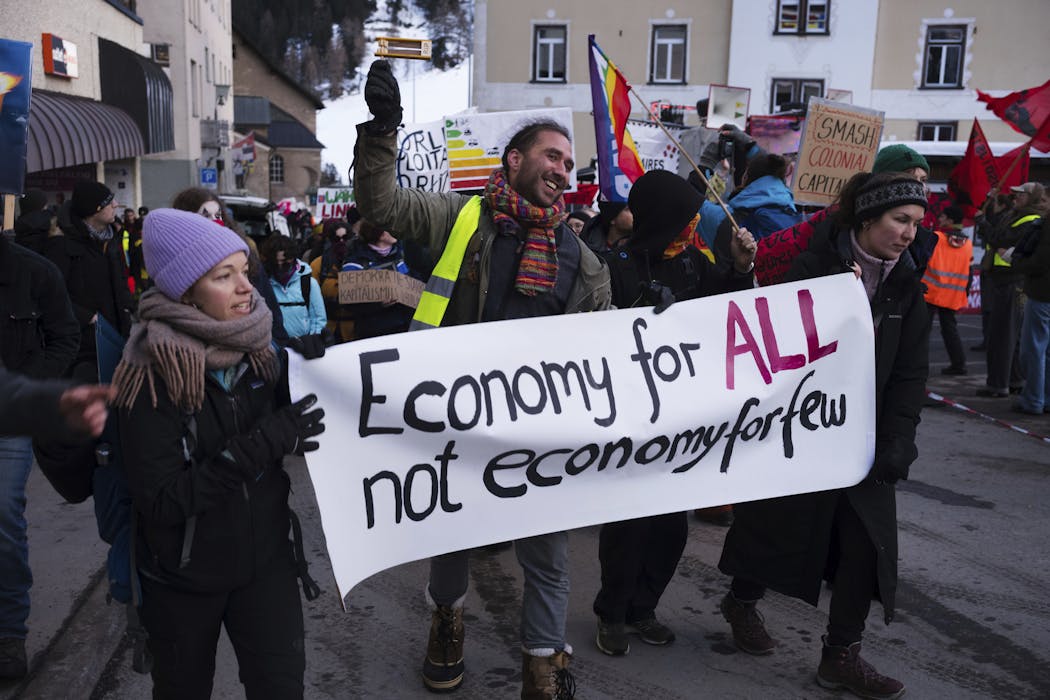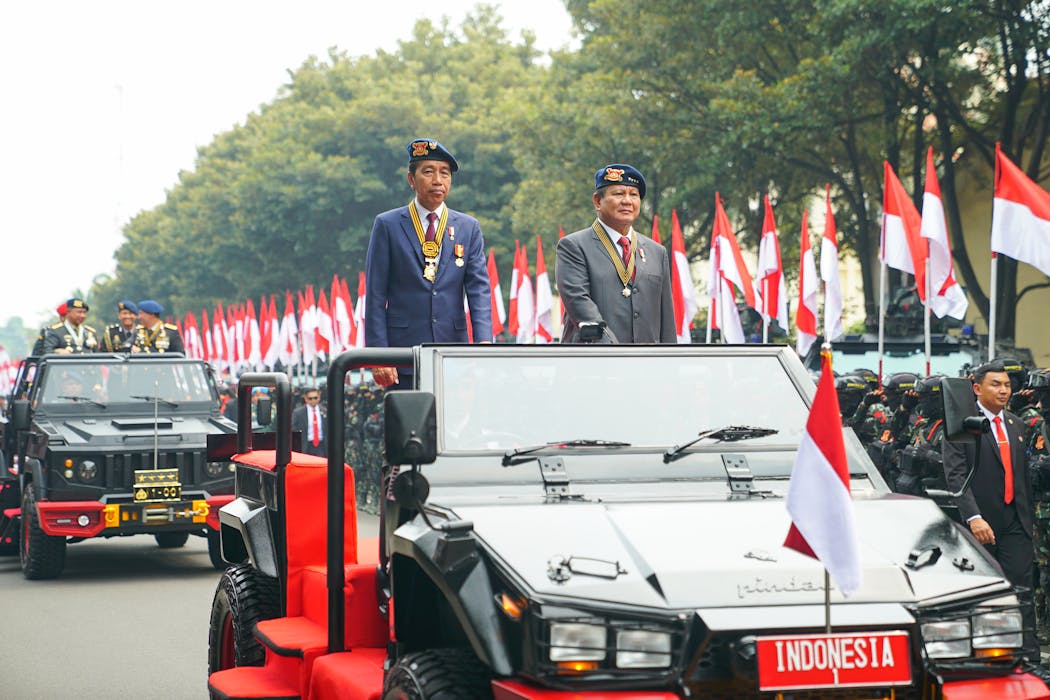Is it wrong to have too much money? Your answer may depend on deep-seated values – and your country’s economy
- Written by Jackson Trager, Ph.D. Candidate in Psychology, USC Dornsife College of Letters, Arts and Sciences

Across cultures, people often wrestle with whether having lots of money is a blessing, a burden or a moral problem. According to our new research, how someone views billionaires isn’t just about economics. Judgment also hinges on certain cultural and moral instincts, which helps explain why opinions about wealth are so polarized.
The study[1], which my colleague Mohammad Atari[2] and I[3] published in the research journal PNAS Nexus in June 2025, examined survey data from more than 4,300 people across 20 countries. We found that while most people around the world do not strongly condemn having “too much money,” there are striking cultural differences.
In wealthy, more economically equal countries such as Switzerland and Belgium, people were more likely to say that having too much money is immoral. In countries that are poorer and more unequal, such as Peru or Nigeria, people tended to view wealth accumulation as more acceptable.
Beyond economics, we found that judgments about excessive wealth are also shaped by deeper moral intuitions. Our study drew on moral foundations theory[4], which proposes that people’s sense of right and wrong is built on six core values – care, equality, proportionality, loyalty, authority and purity. We found that people who highly value equality and purity were more likely to see excessive wealth as wrong.
The equality result was expected, but the role of purity was more surprising. Purity is usually associated with ideas about cleanliness, sanctity or avoiding contamination – so finding that it is associated with negative views about wealth gives new meaning to the phrase “filthy rich.”
As a social psychologist[5] who studies morality, culture and technology, I’m interested in how these kinds of judgments differ across groups and societies. Social and institutional systems interact with individual moral beliefs, shaping how people view culture war issues such as wealth and inequality − and, in turn, how they engage with the policies and conflicts that emerge around them.
Why it matters
Billionaires wield growing influence in politics, technology and global development. The richest 1% of people on Earth own more wealth than 95% of people combined[6], according to Oxfam, an organization focused on fighting poverty.
Efforts to address inequality by taxing or regulating the rich may, however, rest on a mistaken assumption — that the public generally condemns extreme wealth. If most people instead view amassing wealth as morally justifiable, such reforms could face limited support.
Our findings suggest that in countries where inequality is highly visible and persistent, people may adapt by morally justifying their structural economic system[7], arguing that it is fair and legitimate. In wealthier, more equal societies, people appear more sensitive to the potential harms of excess.
While our study shows that most people around the world do not view excessive wealth as morally wrong, those in wealthier and more equal countries are far more likely to condemn it.
That contrast raises a sharper question: When people in privileged societies denounce and attempt to limit billionaires, are they shining a light on global injustice − or projecting their own sense of guilt? Are they projecting a moral principle shaped by their own prosperity onto poorer countries, where wealth may represent survival, progress or even hope?
What still isn’t known
One open question: How do these views change over time? Do attitudes shift when societies become wealthier or more equal? Are young people more likely than older generations to condemn billionaires? Our study offers a snapshot, but long-term research could reveal whether moral judgments track broader economic or cultural changes.
Another uncertainty is the unexpected role of purity. Why would a value tied to cleanliness and sanctity shape how people judge billionaires? Our follow-up study[8] found that purity concerns extended beyond money to other forms of “excess,” such as disapproving of having “too much” ambition, sex or fun. This suggests that people may see excess itself – not just inequality – as corrupting.
What’s next
We’re continuing to study how cultural values, social systems and moral intuitions shape people’s judgments of fairness and excess – from views of wealth and ambition to knowledge and AI computing power.
Understanding these gut-level, moral reactions within larger social systems matters for debates about inequality. But it can also help explain how people evaluate technologies, leaders and institutions that accumulate disproportionate, excessive power or influence.
The Research Brief[9] is a short take on interesting academic work.
References
- ^ The study (doi.org)
- ^ Mohammad Atari (scholar.google.com)
- ^ and I (scholar.google.com)
- ^ moral foundations theory (doi.org)
- ^ a social psychologist (www.jacksonptrager.com)
- ^ own more wealth than 95% of people combined (www.oxfam.org)
- ^ morally justifying their structural economic system (doi.org)
- ^ Our follow-up study (doi.org)
- ^ Research Brief (theconversation.com)
Authors: Jackson Trager, Ph.D. Candidate in Psychology, USC Dornsife College of Letters, Arts and Sciences




